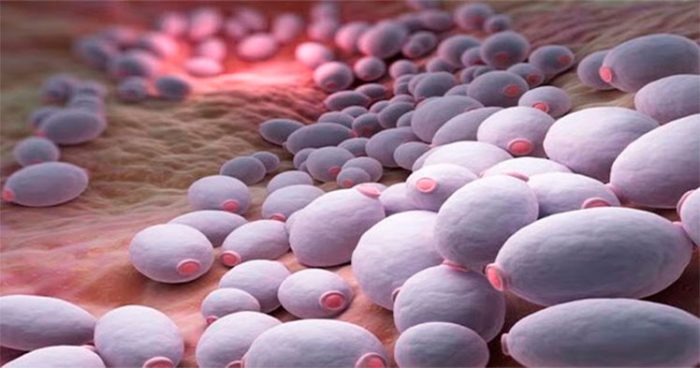

Fungal infections are very common amongst humans and it is at the peak in the monsoon as you can hear about the skin infections all around in the rainy season. Fungi are basically a plant-like organism that usually grows in dim, dank places and feeds off dead tissues. These can also grow on human bodies even without your notice and live off the dead tissues of skin, hair, and nails.
Human body acts as a host of the fungi that if ignored cause serious illness like athletes foot, ringworm, and ringworm of the scalp or ‘jock itch’. The most common fungal infections that affect the skin are tinea versicolor and ringworm and yes, they are contagious! They easily tend to spread in your own body from one part to another or from one person to another.
Ayurveda describes the fungal infection with a word called Dadru which is caused due to the dominance of Kapha and Pitta Dosha. As we all know Ayurveda is all about our diet and the lifestyle we follow, it occurs because of our improper living habits which are:
Eating excessive sour or salty food
Eating excessive sea food and black gram
Poor hygiene regards sweating
Too much hot and humid climate
Diabetic patient also
Now come to the point of names of fungal infection associated with a particular body part. Fungal infection for nails is called tinea unguium, for hands called tinea manuum, for feet called tinea pedis, generally athlete’s toes or athlete’s feet, for groin and buttock called tinea cruris or jock itch, for face called tinea faciei, for beard called tinea barbae, for neck called tinea versicolor, for scalp called tinea capitis, for body called tinea corporis.
Signs or Symptoms of Fungal Infection:
The affected area typically becomes red, thick, scaly and dry and rashes appear in a circular motion which is itchy and contagious. Gradually blister formation starts and it spreads all around.
Always, Prevention is better than Cure!
Well, some of the precautions can work out for you if you are prone to fungal infection. As it spreads, don’t feel shy to say no to your combs, brushes, hats, towels, clothes or shoes to any of your friends or even a family member. Always have a dry and clean pair of socks handy and change whenever your feet become sweaty. Change to dry clothes after exercising; even try to wear loose clothes for improved air circulation.
Let’s have a look at what Ayurveda has to offer you in the name of skin allergy treatments to give you relief from serious skin infections.
Vinegar:
Plain white, distilled or cider vinegar work wonders. Apply with cotton wool or soak the affected area in. Do two times a day.
Tea tree oil:
Don’t dilute it; apply directly on ringworm lesion for two or three times a day. Continue for 7 days until the fungal rash is clear. (If allergic don’t continue)
Garlic:
It kills many microbes, including fungi. Dilute garlic in olive oil or apply the mashed paste to the affected area for two to three times a day.
Turmeric:
Drink boiled milk with a half teaspoon of turmeric powder. It boosts the body immunity.
Neem Leaves:
Apply the paste of few Neem leaves and a piece of raw turmeric on the infected area for two or three times daily.
Geranium essential oil (Not for internal use):
It is generally a flower and has a both antifungal and anti-inflammatory property, that’s why it can also relieve itching. Geranium essential oil can be used undiluted. Apply two or three times per day and continue until the rash disappears.
Browse Front PageShare Your IdeaComments
Read Elephant’s Best Articles of the Week here.
Readers voted with your hearts, comments, views, and shares:
Click here to see which Writers & Issues Won.


